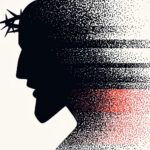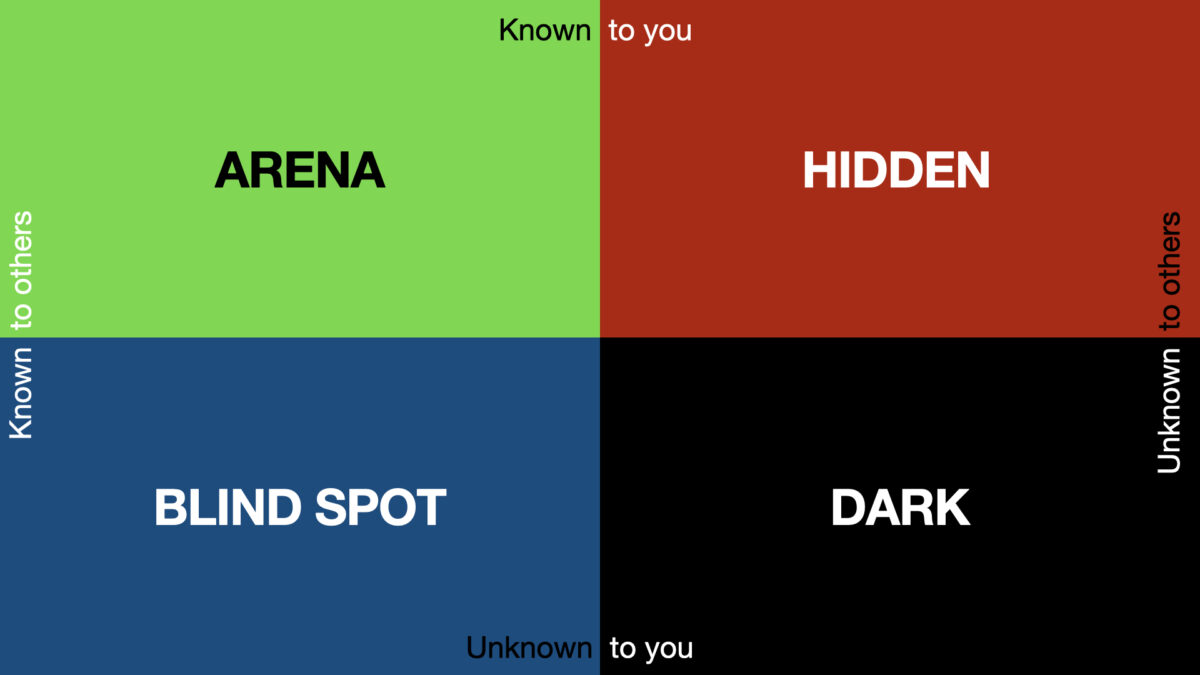
The Call to Spiritual Leadership
June 1, 2025
Defining the Profile of Spiritual Leadership in the Gospel of John
November 10, 2025Created by psychologists Joseph Luft (1916–2014) and Harrington Ingham (1916–1995), this framework helps improve self-awareness & understanding through both feedback & self-disclosure.
The Johari Window is split into four quadrants:
The Open Area contains the things you know about yourself; known to others. Also called Arena, it covers what everybody may openly know about you: name, behaviour, traits, qualities. You learn about yourself from self-disclosure and feedback from others.
The Hidden Area contains things you know about yourself but keep hidden or choose to disclose only to few (if any). Also called also Façade (or mask), it includes attitudes, fears, (some) ambitions, dreams, as well as private information, issues, secrets.

The Blind Area contains the things you don’t know about yourself, but others do. It is like the Blind Spot while driving and changing lanes – the other car is there, on your left or right, but none of your mirrors can capture it. It may be things you are completely unaware of, or you are willingly blind towards.
The Unknown Area contains things that are unknown to you and to others, generally because you’ve never been exposed to it (difficult situations, strange turning of events – positive or negative). Were you prepared to react to Covid-19 crisis? What would you do if your country was invaded like Ukraine was? Your son tells you he wants to start a transitioning process to become a woman. The person you appreciated the most turned out to be a fake, maybe a sexual predator. The Dark should not be viewed only from a negative perspective. What would you do if called to be the Secretary for the Government? (It is about potential.)
Please note that the 4 quadrants, while sharing the same size in graphic layout, are not equal in real life. The goal of the Johari window is to increase the size of the Open Area through feedback and self-disclosure, thereby reducing the size of the other three areas and fostering better communication and trust.
For now we see only a reflection as in a mirror; then we shall see face to face. Now I know in part; then I shall know fully, even as I am fully known. (1 Corinthians 13:12)

